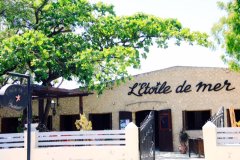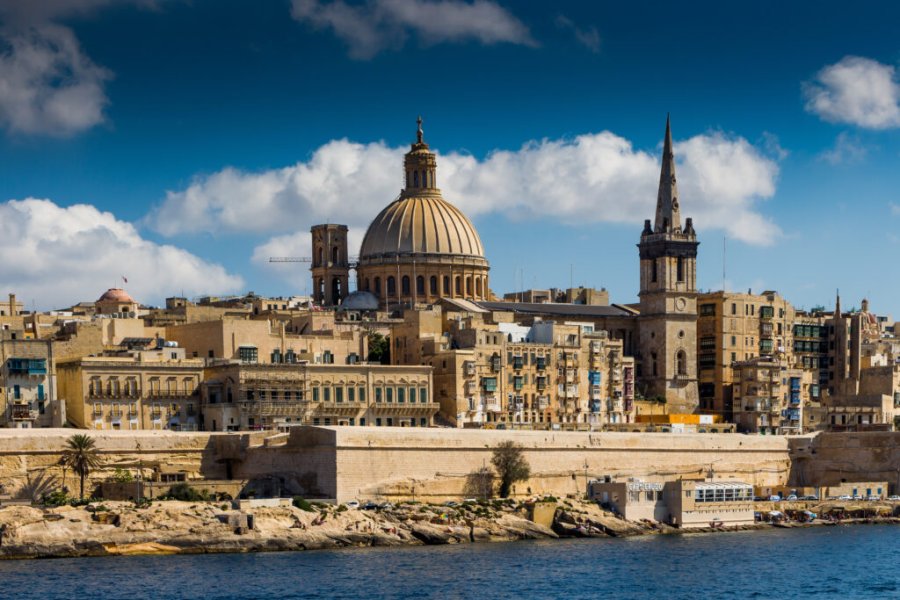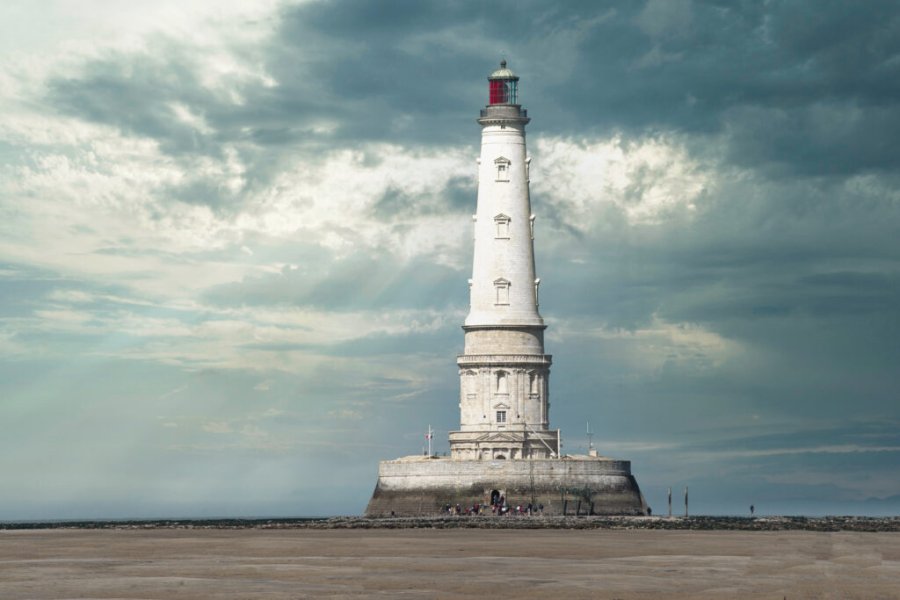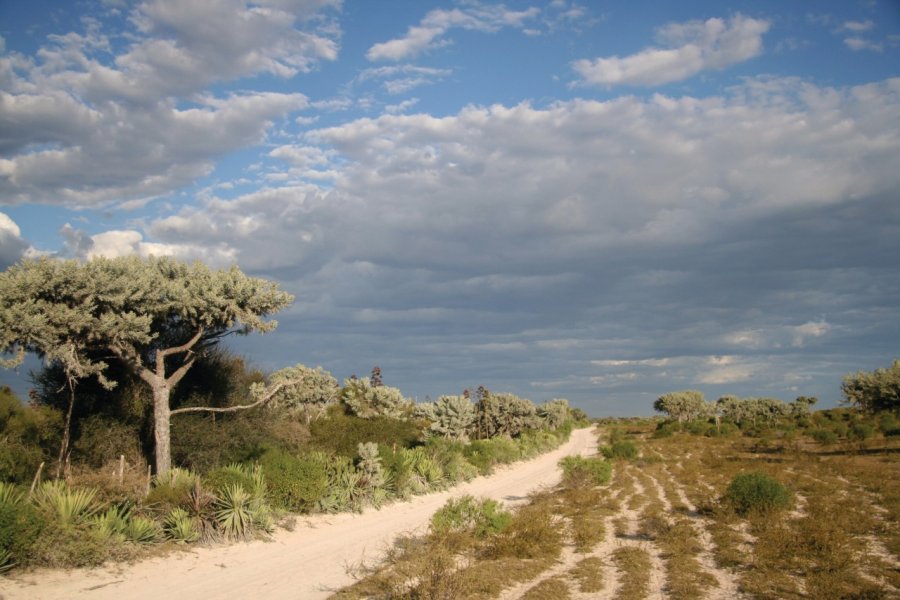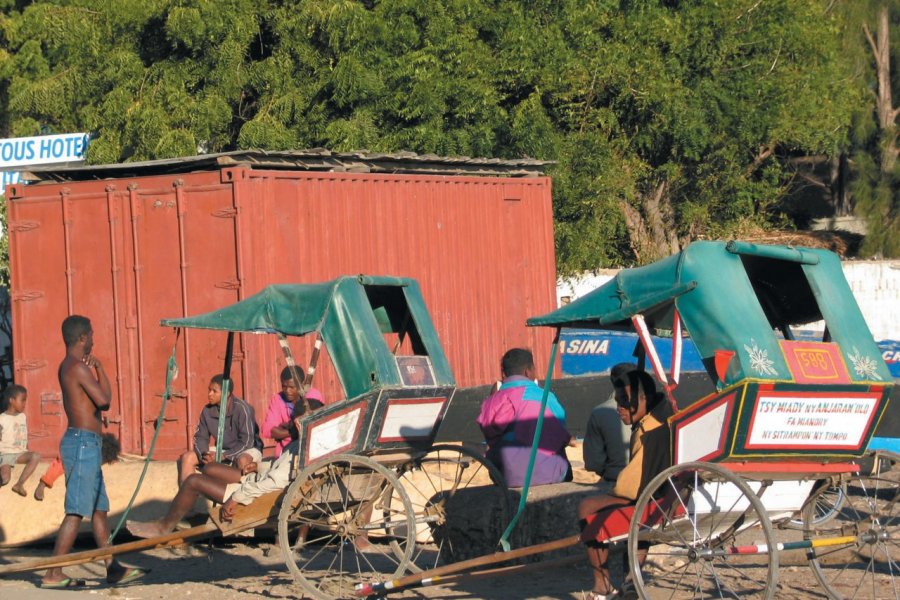Travel Guide Tuléar – Toliara
Find an accommodation
Advertising
Tuléar (population approx. 250,000) is the crossroads of the western Malagasy circuits. A strategic crossroads, Tuléar is the end point of the wonderful descent of the RN 7, offering a refreshing touch of blue after the arid red earth. More a stopover than a place to stay, an indolent atmosphere reigns in its sun-drenched streets (28°C average, record sunshine rate), where the whole town seems to be resting, waiting for nightfall to take full advantage of the frenzied nightlife ("Toliara tsy miroro", "Tuléar doesn't sleep"). The town's main asset is its proximity to the wild beaches of the Mozambique Channel (Anakao, Salary, Ifaty...), which everyone heads for on weekends.Although everything is slow and torpid from early afternoon onwards, when the city is literally deserted, Toliara is an active university center, and its inhabitants are highly politicized. Before independence, it was in Toliara that the charismatic leader Monja Joana founded the Monima, a patriotic movement for independence. In 1971, Monja Joana mobilized the peasants of the South and contributed to the revolution that put an end to the 1st Republic. Until his death, he never ceased to be involved in the country's political life.As in many Malagasy ports, Toliara is home to a Muslim community. At prayer time, the faithful flock to the large white mosque.The wind is always blowing in Tuléar, especially from July to October: it's the south wind. However, there are rarely any strong gusts, and it never rains much: 30 to 40 cm a year! But this didn't stop Cyclone Haruna from sweeping through the city and burying it under water in February 2013, causing serious health problems in the city's poorer districts. In January 2015, tropical storm Chedza did not pass through unhindered either...Tuléar's economic activity revolves around the cultivation of cape peas, cotton, peanuts and corn. Attempts are being made to cultivate spirulina, a microscopic algae of exceptional nutritional value. The katrafay tree is used to provide an essential oil that acts as a body balm. As everywhere, the zebu is the basis of the economy and social relations. Fishing is, of course, in the spotlight, especially in the traditional way (by outrigger pirogue), although industrial fishing is beginning to spread.
What to visit Tuléar – Toliara?
Advertising
Suggested addresses Tuléar – Toliara
Weather at the moment
Advertising
Organize your trip with our partners Tuléar – Toliara
Transportation
Book your plane tickets
Car Rental
Boat rental
Accommodation & stays
Find a hotel
Holiday rental
Find your campsite
Tailor-made trip
Immersion travel
Services / On site
Activities & visits
Find a doctor
Find unique Stay Offers with our Partners
Pictures and images Tuléar – Toliara
Other destinations nearby Tuléar – Toliara
25 km away

